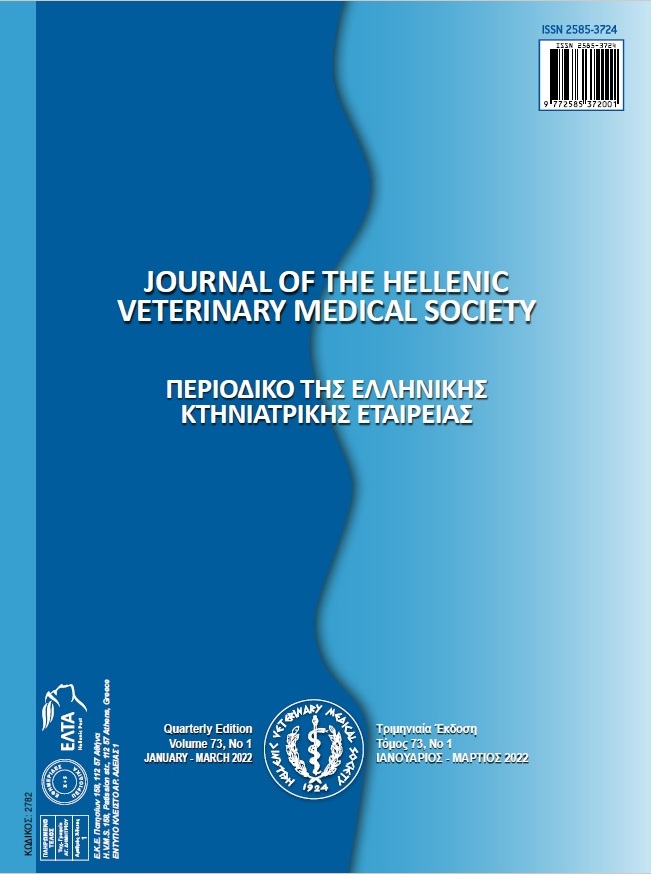Flaxseed and sunflower oil affect egg production and quality in hens exposed to stress

Abstract
This experiment was performed to investigate the effect of flaxseed oil and sunflower oil supplementation on the production performance, egg quality, and egg sensory characteristics in laying hens under density stress. A totaly of 144 Atak-S hens were used. The animals were assigned into 2 groups as stressed and unstressed. These were allocated into three subgroups as those who were fed with basal diet, diets containing 2% sunflower oil, and 2% flaxseed oil. Density stress was applied to those in the stress group by providing an area of 357 cm2 per hen. Egg production performance, average egg weight and egg mass, eggshell weight, eggshell thickness, eggshell strength, Haugh unit, albumen height, yolk color and sensory carateristics of the eggs were measured. Flaxseed oil reduced egg production and egg mass in those who are unstressed. On the contrary, it increased egg production and egg mass in the stressed groups. Sunflower oil was found to increase the average egg weight and egg mass in all groups. It was observed that when sunflower oil was added to the diets of the stressed chickens, the yolk color index decreased. In addition, it was determined that the eggs of the nostressed hens taste better than the stressed chickens. It was determined that flaxseed oil added to the diets increased the sensory quality of the eggs in both stressed and non-stressed groups. Therefore, incorporation of flaxseed and sunflower oil into the diets of layer hens can be recommended.
Article Details
- How to Cite
-
Matur, E., & Keten, M. (2022). Flaxseed and sunflower oil affect egg production and quality in hens exposed to stress. Journal of the Hellenic Veterinary Medical Society, 73(1), 3739–3750. https://doi.org/10.12681/jhvms.25635
- Issue
- Vol. 73 No. 1 (2022)
- Section
- Research Articles

This work is licensed under a Creative Commons Attribution-NonCommercial 4.0 International License.
Authors who publish with this journal agree to the following terms:
· Authors retain copyright and grant the journal right of first publication with the work simultaneously licensed under a Creative Commons Attribution Non-Commercial License that allows others to share the work with an acknowledgement of the work's authorship and initial publication in this journal.
· Authors are able to enter into separate, additional contractual arrangements for the non-exclusive distribution of the journal's published version of the work (e.g. post it to an institutional repository or publish it in a book), with an acknowledgement of its initial publication in this journal.
· Authors are permitted and encouraged to post their work online (preferably in institutional repositories or on their website) prior to and during the submission process, as it can lead to productive exchanges, as well as earlier and greater citation of published work.


